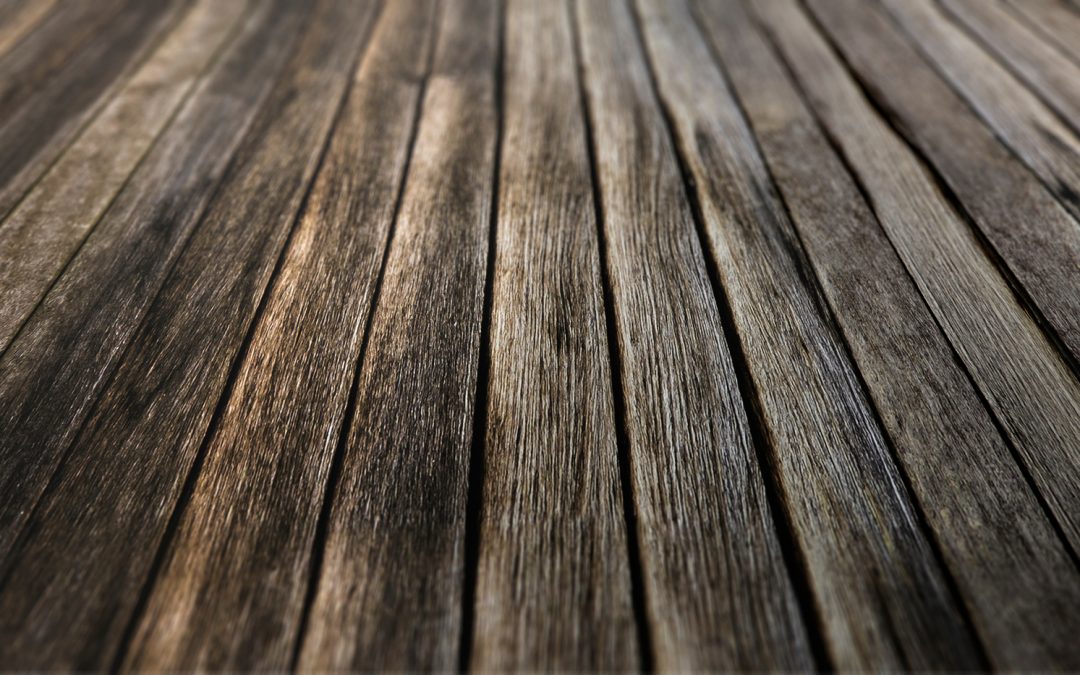As more and more people are trying to change the way their lives are impacting the environment, sustainable materials are gaining more traction than ever before. Some of these materials have been around for a long time, many of us have already heard about the benefits of organic cotton and reclaimed wood, as a couple of examples.
But some materials are a little more unusual, such as Econyl. We wanted to highlight some of the materials, old and new, that should be noted for those wanting to enjoy sustainable living.
Cotton production doesn’t get the same coverage as the issues with plastic production, but its nickname of ‘the dirtiest crop on Earth’ is well earned. Cotton uses large amounts of water, and commercial production has been linked to high levels of pesticides, with far reaching devastating consequences for soil, the oceans, and human health.
Organic cotton production does not use pesticides and uses less water than non-organic, partly because the nutrient-rich, pesticide-free soil is able to hold on to water better. Look for cotton that is Fairtrade, too, as it offers cotton field workers a better and more stable income.
If you enjoy the breathability and softness of linen, then you’re in luck. Linen is a highly sustainable material made from flax. It’s used in everything from shirts to bedlinen and table linen. It is a very low maintenance crop, requiring no artificial irrigation, only rain.
It requires next to no pesticides, has minimum waste, as all parts of the plant are used for different purposes, including food for humans and animals. The vast majority of linen is produced in Europe, so it’s easy to trace its provenance.
There is no question that the use of slow-growing hardwoods in furniture manufacturing is problematic and not all timber that gets to the UK for manufacturing is properly managed/FSC-certified. Reclaimed wood is your best bet for sustainable furniture and sustainable flooring. Designs are getting better every year, so you don’t have to compromise on style.
Bamboo is a highly sustainable material because it is so fast-growing: some species of bamboo can grow by as much as a metre a day. As an agricultural crop, bamboo is very low-maintenance, requiring no pesticides and thriving even in poor soil.
Thanks to its resilience, bamboo can be grown quickly and cheaply, making it an alternative to plastic for single-use products such as cutlery and many other products, from toothbrushes to flooring.
Econyl, until very recently, was a very exotic material, but it’s becoming more popular thanks to swimwear manufacturers making the most of this zero-waste material. Econyl is made from fishing nets that are discarded in the oceans, trapping sea life in the process. Given its previous life as a fishing net, Econyl is virtually indestructible and doesn’t lose shape.
If you’re wanting to look after your sustainable, reclaimed wooden floors and need wood floor sanding specialists in Newcastle, then contact us today.

